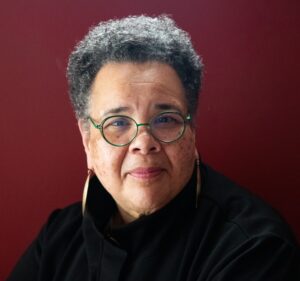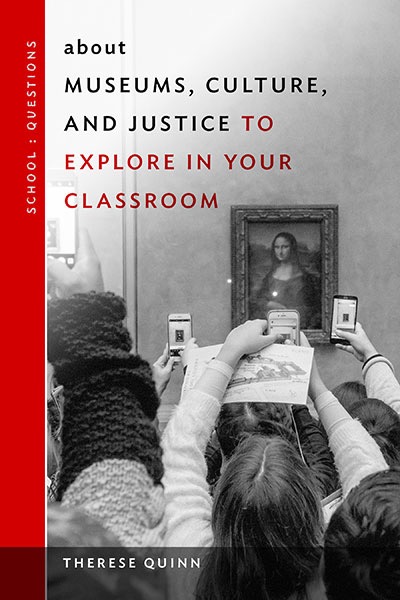museums
Select an item by clicking its checkbox
Museums were a significant aspect of my childhood education. Living in Philadelphia, we were a family who regularly visited museums and historic sites. Saturday family activities, summertime daytrips, and adventures when out-of-town relatives visited, would typically involve museum excursions. The spring field trips by George Washington Carver Elementary School, funded ...
Reviewed by: Jody Washburn, Walla Walla University
Date Reviewed: June 17, 2021
Date Reviewed: June 17, 2021
Museums are public resources that can offer rich extensions to classroom educational experiences, from tours through botanical gardens to searching for family records in the archives of a local historical society. With clarity and a touch of humor, Quinn presents ideas and examples of ways that teachers can use museums to support student exploration while also teaching for social justice. Topics include disability and welcoming all bodies, celebrating queer people’...
Museums are public resources that can offer rich extensions to classroom educational experiences, from tours through botanical gardens to searching for family records in the archives of a local historical society. With clarity and a touch of humor, Quinn presents ideas and examples of ways that teachers can use museums to support student exploration while also teaching for social justice. Topics include disability and welcoming all bodies, celebrating queer people’s lives and histories, settler colonialism and decolonization, fair workplaces, Indigenous knowledge, and much more. This practical resource invites classroom teachers to rethink how and why they are bringing students to museums and suggests projects for creating rich museum-based learning opportunities across an array of subject areas. (From the Publisher)

